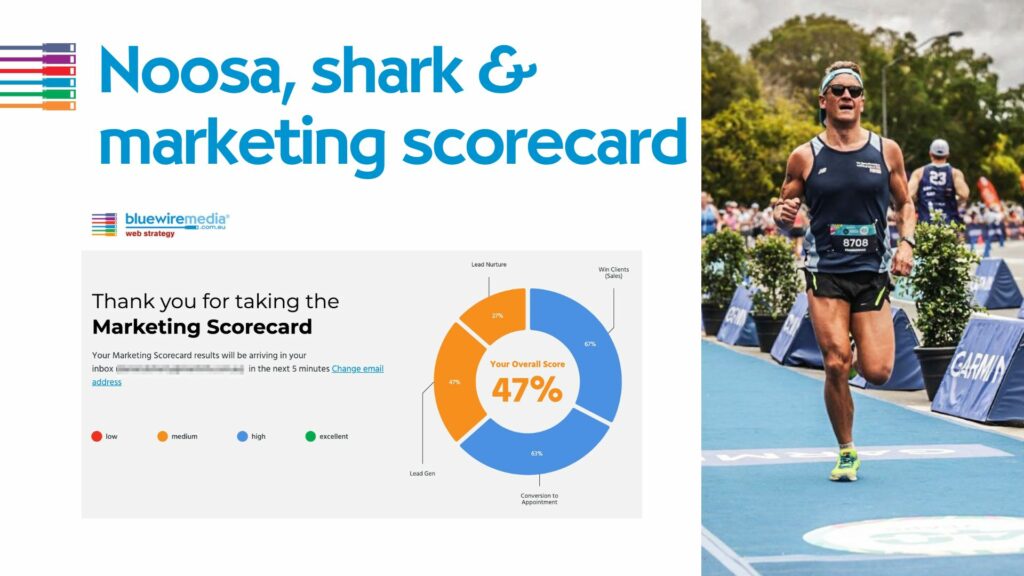Improving Your Supply Chain Management with ERP Systems
Supply chain management can be very challenging with so many intricacies across markets. Configuring your ERP to help your processes may not be what you’d want to add to the workload. However, a rigid system can significantly burden your labour and disrupt coordination and consistency. Here are a few pointers to account for in your supply chain system when deploying your ERP solution.

Adjusting for Compliance
Not all markets have the same rules and regulations. Each territory may have specific reporting, operations, and financial guidelines to abide by. Accounting for them in your ERP system helps to streamline your logistics and administrative processes. One instance would be to have your input parameters customised to add data fields required by audit in specific regions. They may need proof that you followed their quality control guidelines. Instead of searching for this information in scattered applications, you may have a custom report generated for that purpose.
Centralising Supply Chain Data
When you are dealing with a supply chain system, a centralised database is critical to monitoring your services. You can monitor your system globally and in real-time. Tracking buffer stock, expiration dates and sales trend can help you quickly adjust productivity. As employees in the field are inputting transaction records, you’ll remain aware of the potential for waste and prevent it.
Forecasting
Future demands dictate your supply chain, so you evidently factor in supply chain analysis in your forecast. The more you account for your supply chain history in your ERP predictive calculations, the better its results. Your ERP system refines its results with market metrics injected into its calculations. Some of those metrics can include sales trends, distribution timeline, and raw material cost. They can help plan your supply chain to cater to your future target market.
Conclusion
An ERP is a robust tool that can serve your supply chain well. Using it at its optimal capacity can make a massive difference in your processes. For this to happen, your ERP functionality must align with your supply chain workflow. Discuss with a ERP software provider about ways to improve your supply chain management.
-

Build up your knowledge of ERP functionality, emerging technology and industry insights with the ERP Buyers’ Guide. Save time and effort by getting things right the first time with trusted ERP advice.
Read Now
-
SAP Business One is an affordable Enterprise Resource Planning (ERP) software designed for small to midsize businesses. As a business management solution, SAP B1 streamlines business processes, provides real-time information, and help boost overall business performance. The solution covers finance, sales, customer relationship, purchasing, procurement, inventory and manufacturing in one centralised system, enabling accurate and precise information retrieval that assist in reporting, forecasting and analysis.

SAP B1 Modules:
- Accounting
- Sales
- Warehouse & Production
- Purchasing & Procurement
- Inventory & Distribution
- Reporting & Admin
Read More on SAP Business One
-

-



